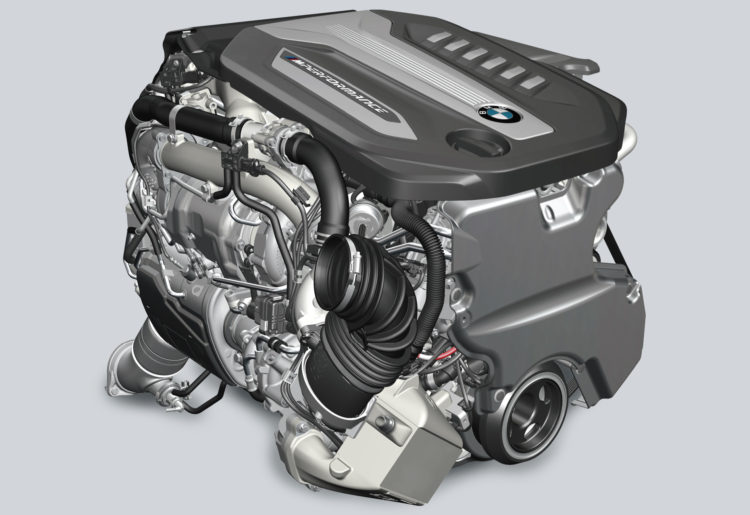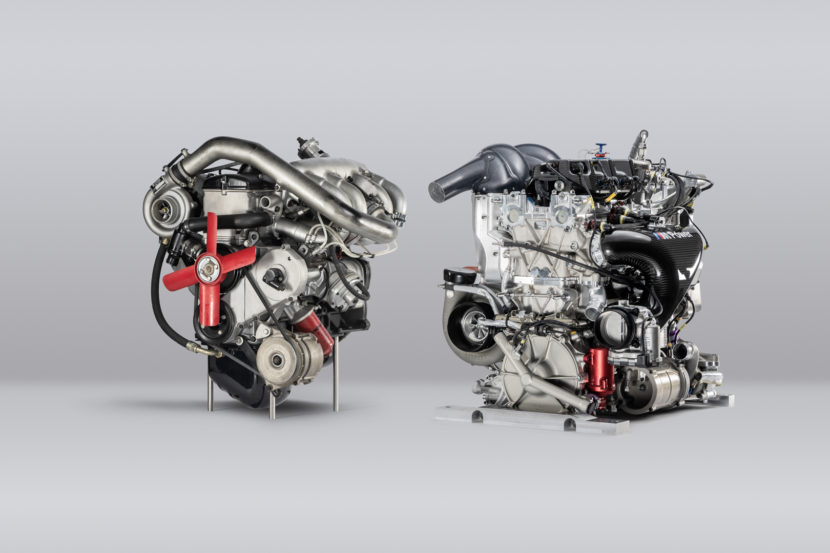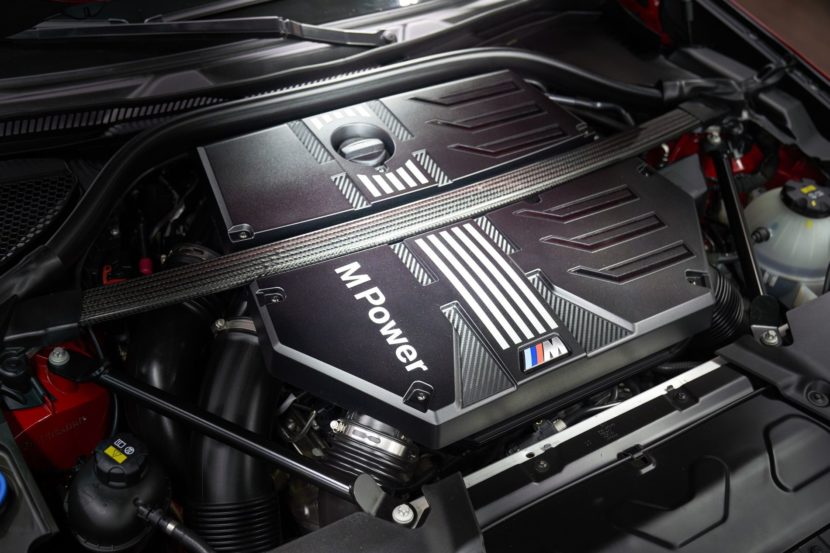If you’ve been watching how sales are going in the automotive sector, you might’ve noticed that the internal combustion engine (ICE) is on a downward slide. After the Dieselgate scandal, the popularity of the more frugal (ICE) engines has also taken a serious hit. Even so, BMW says the diesel engine is here to stay for at least two more decades, while the petrol alternatives could live on for another 10 years.
In a recent interview with Automotive News, BMW’s head of development, Klaus Frohlich, said he sees diesel engines still in production for about 20 years while petrol engines still have a good 30 years to go. He also thinks the widespread adoption of electrified cars is not nearly as successful as some make it seem, even though the signs are good. “The shift to electrification is over-hyped. Battery-electric vehicles cost more in terms of raw materials for batteries. This will continue and could eventually worsen as demand for these raw materials increases,” Frohlich said.
That’s a cold shower for some people but it is the truth. Unlike what other car makers are saying, this is an issue and it could very well become a bit of a headache later down the road. BMW is now working extra hard to make sure it sources its raw materials from safe mines, that don’t use child labor or break any moral etiquette. As a matter of fact, the Germans have recently announced they will be sourcing rare materials from Australia and Morocco exclusively just so that they know for sure where it comes from and that’s not something all car makers are doing.
Getting back to internal combustion engines, Frohlich did mention that while they won’t be gone for good, some mills are surely on their way out, simply because it’s too expensive to make them compliant. The V12 units are living their last days: “Each year, we have to invest to update the V12 to new emissions regulations, particularly in China. And when the V12 accounts for about 5,000 sales a year globally, this includes Rolls-Royce, the cost of these updates is several thousand euros per unit,” he said. That means in 2023 we’ll say goodbye to these mills on both BMW and Rolls-Royce models.
Even V8 mills might be going the way of the Dodo soon, even though BMW will try to keep them in production for as long as possible. For European customers, it looks like the B57S jewel, the quad-turbo diesel mill we all love, will also be retired, as well as the 1.5-liter 3-cylinder diesel. While the former is just too expensive and complicated to justify still using it, the latter costs too much to become compliant.



















































